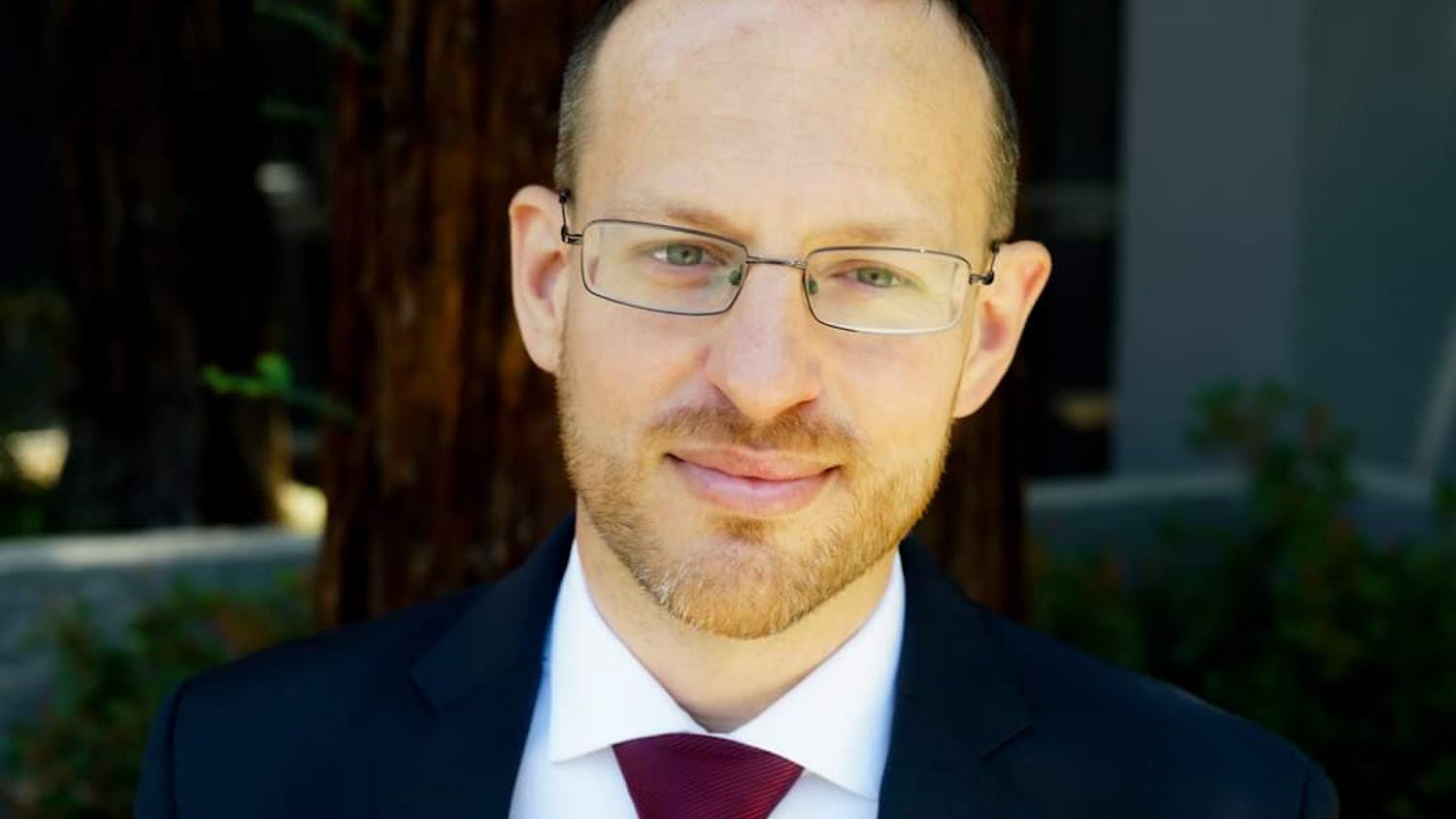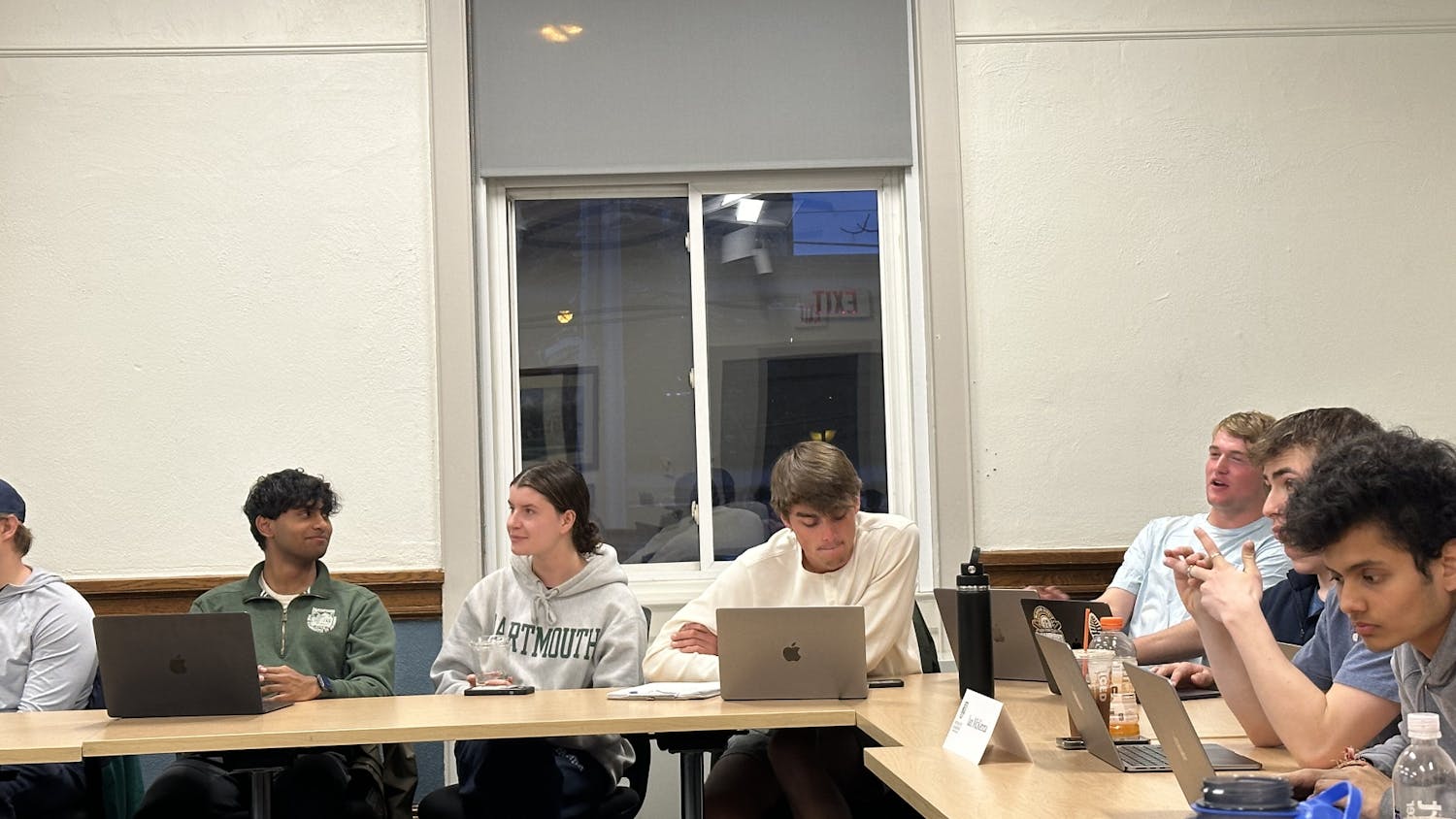After posting a $5.5 million deficit for the 2014 fiscal year, the Geisel Medical School must make $10 million in budget cuts, including layoffs and restructuring. Students and professors interviewed pointed to a lack of transparency about Geisel’s expenses and said they would like to be part of conversations about implementing cuts.
Biology professor and Geisel professor of medicine Lee Witters said that the budget deficit likely resulted from of a multiple factors, including changes to federal research funding policies, which Geisel depends on heavily, as well as “ill-timed” decisions about Geisel’s expenditures. Geisel had an operating budget of $275 million in 2013.
Budget constraints may be connected with significant cuts to National Institutes of Health funding made in 2013, Geisel student Rachel Brickman said. Due to sequestration, the agency’s budget shrank by 5 percent, or 1.55 billion.
Geisel spokesperson Derik Hertel said in a statement that Geisel interim dean Duane Compton, who replaced Wiley “Chip” Souba in June, is working with faculty on the Dean’s Academic Board to define opportunities to create sustainable expense reductions, including by furthering a connection between Geisel and Dartmouth-Hitchcock Medical Center. Geisel will provide severance benefits and help search for new positions. Compton has also formed working groups that will create new financial policies and recommend optimal restructuring plans.
The group will present its recommendations to the dean by December and the Board of Trustees in March.
Compton did not respond to requests for comment.
Souba and former senior associate dean for medical education Richard Simons announced the budget deficits to the Geisel student body in a series of student lunch hours last winter, Geisel student Kristen Jogerst wrote in an email.
“The presentations about the school’s budget only captured the medical school’s revenue – where money was coming in,” she wrote. “It was frustrating that there was a lack of transparency regarding the expenses – the other half of the financial equation - of where the money was being used.”
Jogerst said Compton has sent emails to the Geisel student body explaining that the administration will make faculty and staff layoffs, although these did not contain details on which positions or which areas of the budget would be cut.
Last year, Geisel started cutting the “little things that built up,” like funding for student groups and conference travel for students, Brickman said.
Changes brought by the budget constraints will include a redesign of the medical school curriculum and major cuts to Geisel programs, Witters said. He added that he was concerned the cuts will affect both undergraduates and medical students, citing the example of cuts to the Geisel admissions office, which may reduce its traditional emphasis on connecting with current Dartmouth students.
“I hope that the decisions that will be made will focus on the education of our students, which should be the number-one mission,” he said. “This is a big deal and I think it’s going to have some major ramifications over the next few years.”
Witters added that the layoffs may be concentrated within administrators rather than the faculty, as budget deficits tend to implicate administrators, Witters said.
Because Geisel is smaller than other medical schools, students feel more connected to the administration, Brickman said, though she noted that students would react more strongly to faculty layoffs.
“If anyone from the anatomy department got fired, the school would be in an uproar,” Brickman said, citing one of the school’s most popular departments.
Jogerst said that teaching and clinical work are not a medical school’s only responsibilities. She said medical schools have many organizational duties, including managing student finances, scheduling national standardized exams and rotations and helping with students’ research endeavors.
“All of these extra pieces to the puzzle of a well-organized, successful medical school will be missing if we have to lay off key administrative staff and in turn our overall Geisel experience will suffer,” Jogerst wrote in the email.
M.D/Ph.D candidate David Qian ’11 said that regardless of budget cuts, Geisel’s main priority should be to maintain the quality of education.
Administrators need to make tough decisions, but they should be more transparent and ask students “what are ways that you would like to see this being done” rather than just creating new policies without students’ input, he said.
She suggested Geisel require faculty members to contribute 1 to 2 percent of their salaries or recording first- and second-year medical students’ lectures so that clinical staff and professors could spend more time with patients and in labs.
“If we are creative now and find a way to increase the efficiency of time students spend with clinical and basic science educators and have all faculty and staff share the burden equally so less staff have to be laid off, we can ensure future students have the same positive medical school experience that my class has had, if not a better experience,” she said.



